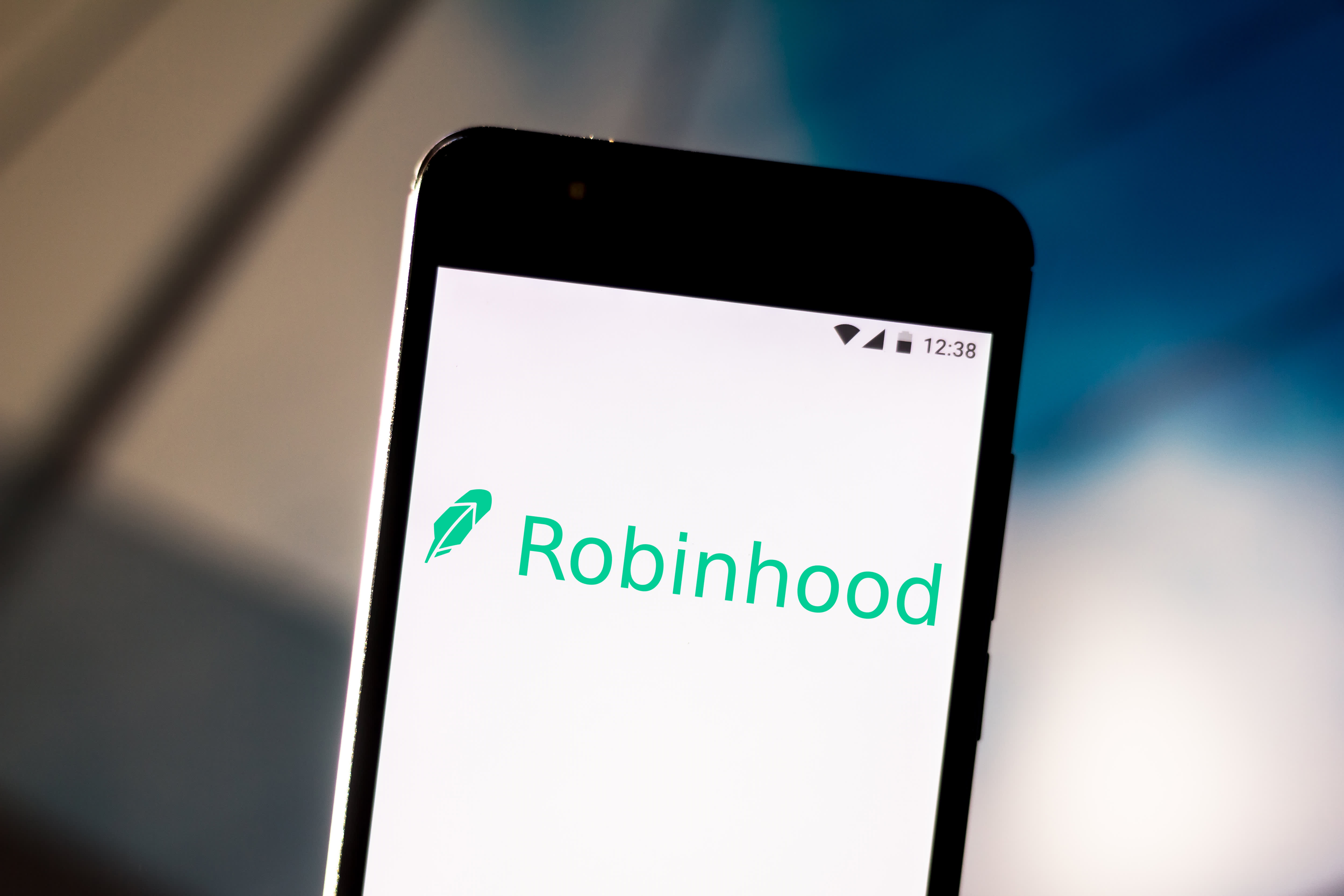Robinhood CEO says SEC charges ‘don’t reflect Robinhood today’

Robinhood CEO Vlad Tenev on Monday responded to claims that the stock trading company deceived customers about its money making tactics, which led it to a $65 million settlement with the Securities and Exchange Commission last week.
In an appearance on CNBC’s “Mad Money,” Tenev said Robinhood, which is privately owned, has made staff changes to step up its legal and compliance operations, including hiring a chief legal officer and adding two new chief compliance officers with the aim to be “best in class.”
“The SEC settlement relates to historical practices that don’t reflect Robinhood today,” he said in an interview with CNBC’s Jim Cramer. “We want to have not just the best product and technology team, but the best compliance and legal and regulatory teams as well.”
The SEC on Thursday accused Robinhood of misleading customers and omitting vital information regarding the trading app’s source of revenue. Robinhood, a pioneer in commission-free trading, draws money by sending customer orders to market makers like Citadel Securities or Virtu, who pay to execute trades. The legal-but-controversial practice, the SEC said, led to execution prices that were inferior to other brokers’ prices, costing customers $34.1 million notwithstanding the benefit of zero-cost trades.
An SEC filing shows that Robinhood brought in $180 million in payments for trades during the second quarter.
“Robinhood provided misleading information to customers about the true costs of choosing to trade with the firm,” Stephanie Avakian, director of the SEC’s Enforcement Division, said, CNBC reported.
With the settlement, the company did not admit or deny the charges.
Dan Gallagher, a former SEC commissioner during the Obama years, joined Robinhood in May as the company’s chief legal officer, according to his LinkedIn page.
Tenev, who co-founded and launched the company with Baiju Bhatt in 2013, said Robinhood will continue to operate as a self-directed brokerage, providing tools and products to help customers make their own trading decisions. Bhatt stepped down as co-chief executive about a month ago.
One way Robinhood is attempting to help customers execute informed trades is through educational content accessible on the platform. More than 3 million users read the content and articles available on the app, and daily visits are up 260% since January, according to Tenev.
JMP Securities estimates that Robinhood now serves 16 million users, though Tenev declined to confirm the number.
The company has also improved how it communicates payments for order flows for its revenue streams, including adding a section to the website that details consumer statistics about execution quality, he added.
“I think, ultimately, that’s what customers are interested in,” Tenev said. “I think what they really want to see is, what is the execution quality that I get from Robinhood? And that’s fair feedback, and now we provide that on our website and we’re looking to make enhancements as time goes on.”




